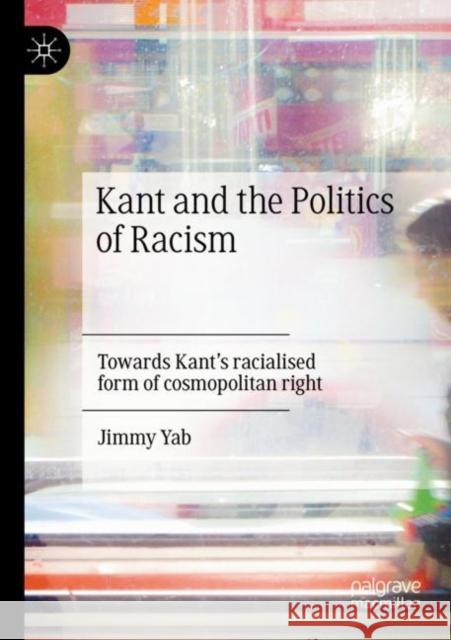Kant and the Politics of Racism: Towards Kant's Racialised Form of Cosmopolitan Right » książka
Kant and the Politics of Racism: Towards Kant's Racialised Form of Cosmopolitan Right
ISBN-13: 9783030691035 / Angielski / Miękka / 2022
This book proposes an account of the place of the theory of race in Kant’s thought as a central part of philosophical anthropology in his political system. Kant’s theory of race, this book argues, is integral to the analysis of the “Charakteristik” of the human species and determined by human natural predispositions. The understanding of his theory as such suggests not only an alternative reading to the orthodox narrative we have seen so far but also reveals the underlying centrality of the notion of human natural predispositions in a way that is consequential for Kant’s philosophy as a whole. What is the impact of Kant’s racial theory on his philosophy and political thought? Is Kant a consistent egalitarian or a partisan Universalist thinker? Is he the symbol of racist prejudices of his time? What is the influence of his racial hierarchy on his cosmopolitan right? Or more simply, is Kant racist? From a systematic examination of Kant relevant writings, this book provides answers to these questions and shed light on two fundamental problems of his theory of race for moral philosophy, namely: (1) the completeness of the character of the White race and (2) the dispossession of the character of the beauty and the dignity of human nature of the Negro race. These two issues, unperceived from the “orthodox” reading’s perspective, however, uncovered by the “heterodox” reading, not only shape Kant’s race thinking from the beginning to the end of his life, transform his cosmopolitan right into a non-universalist form of right, but merely define Kant as a fundamental racist thinker since he developed the anthropology, the philosophy, and the politics of racism in a systematic way.











